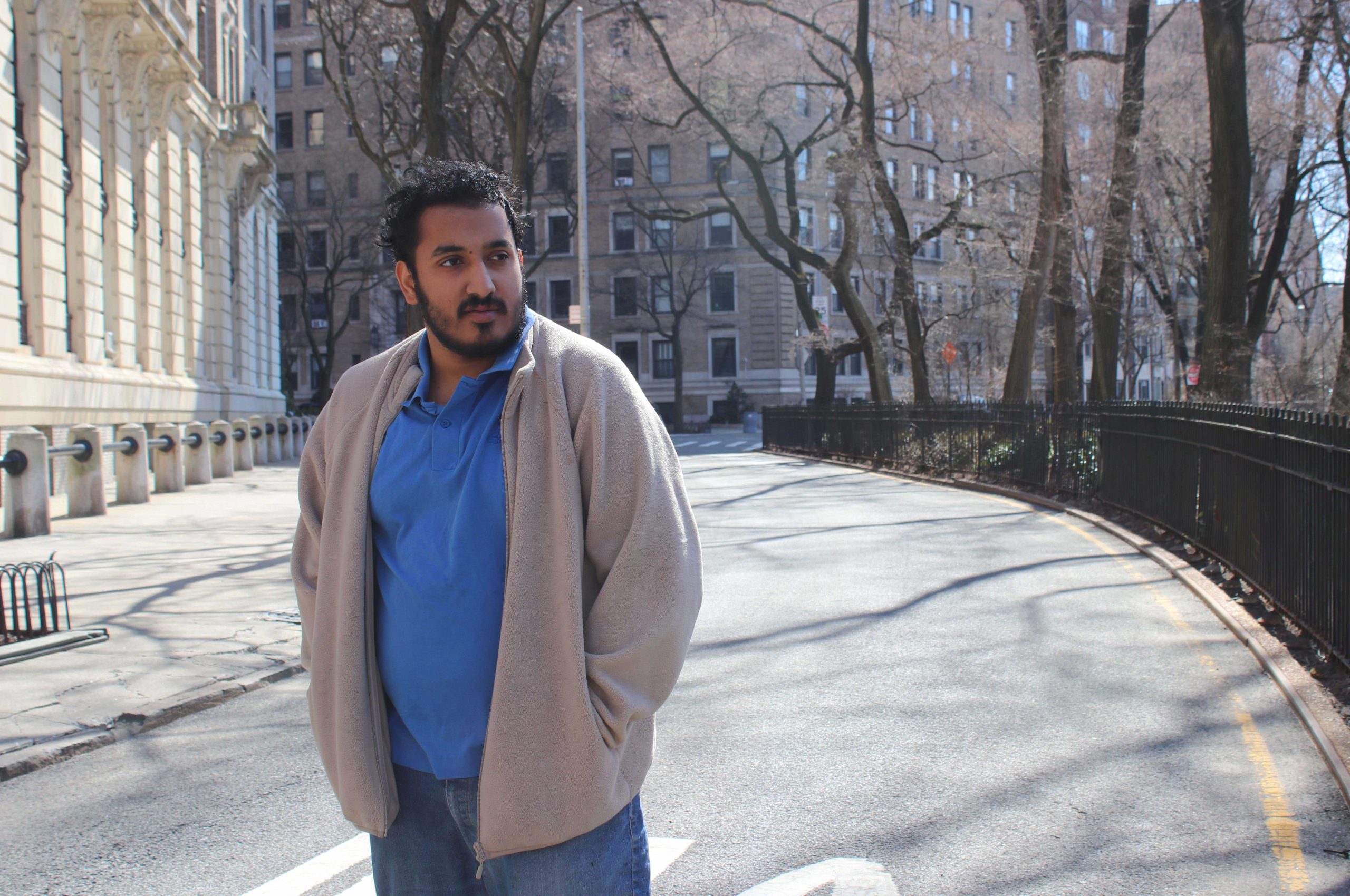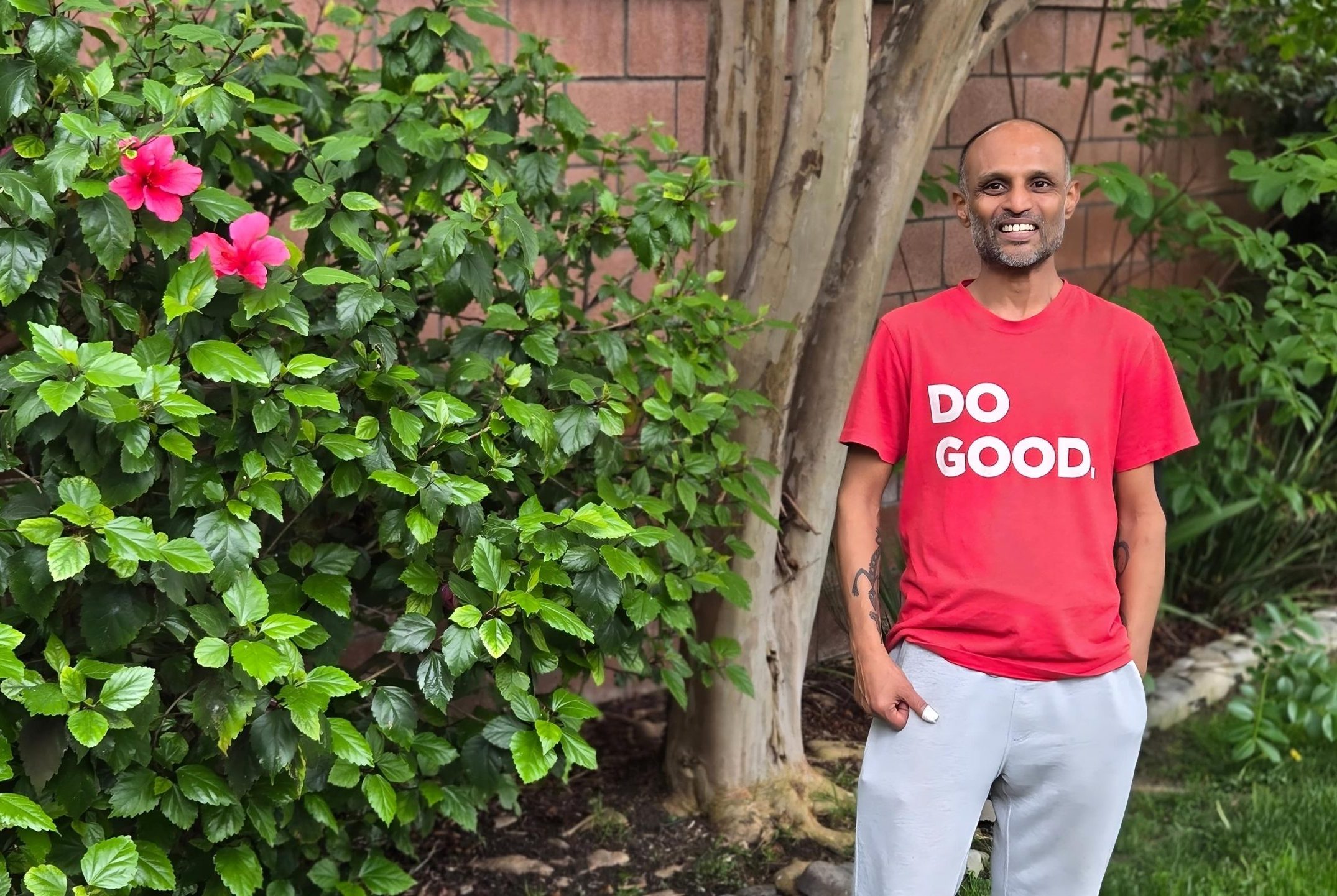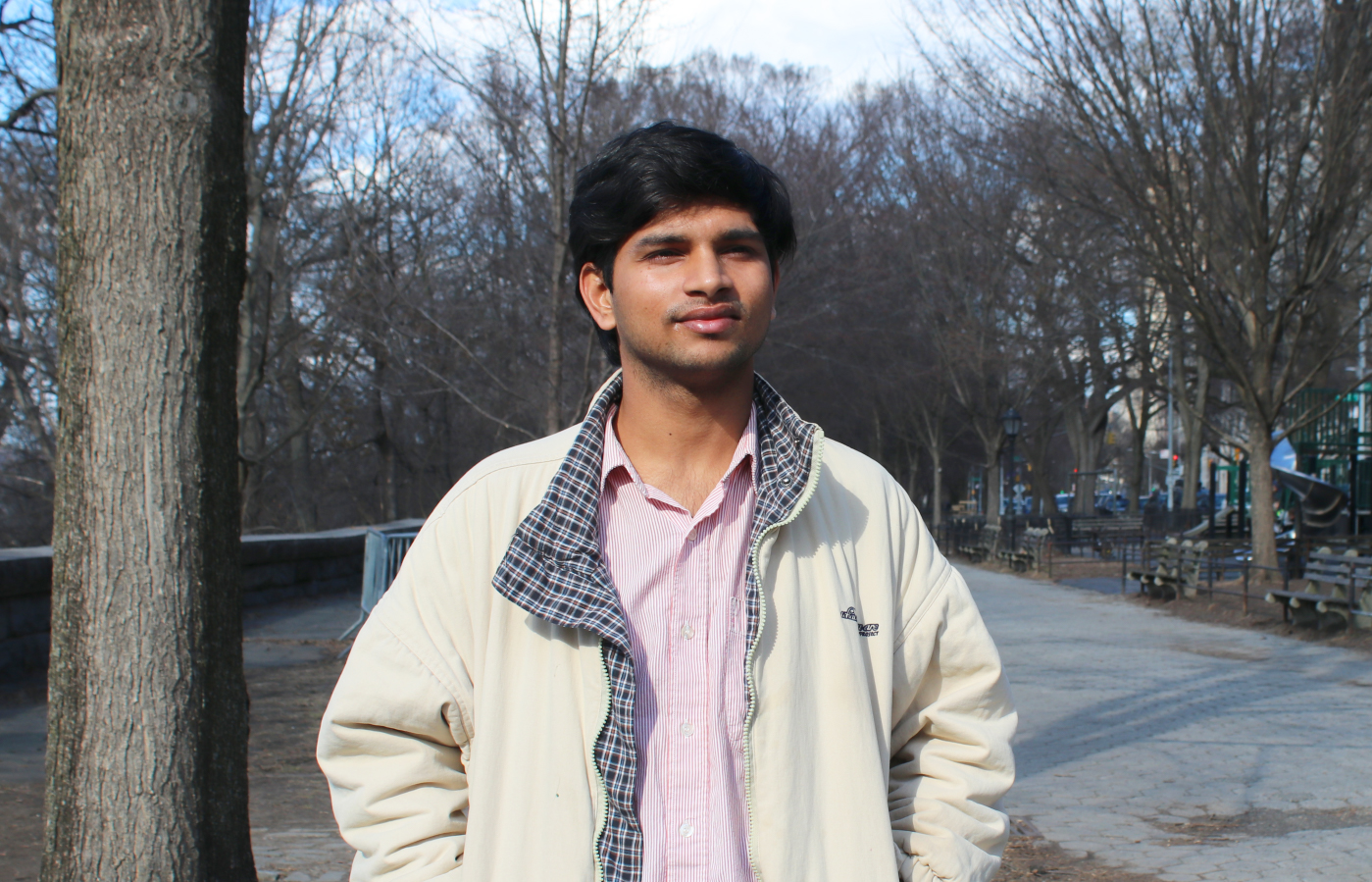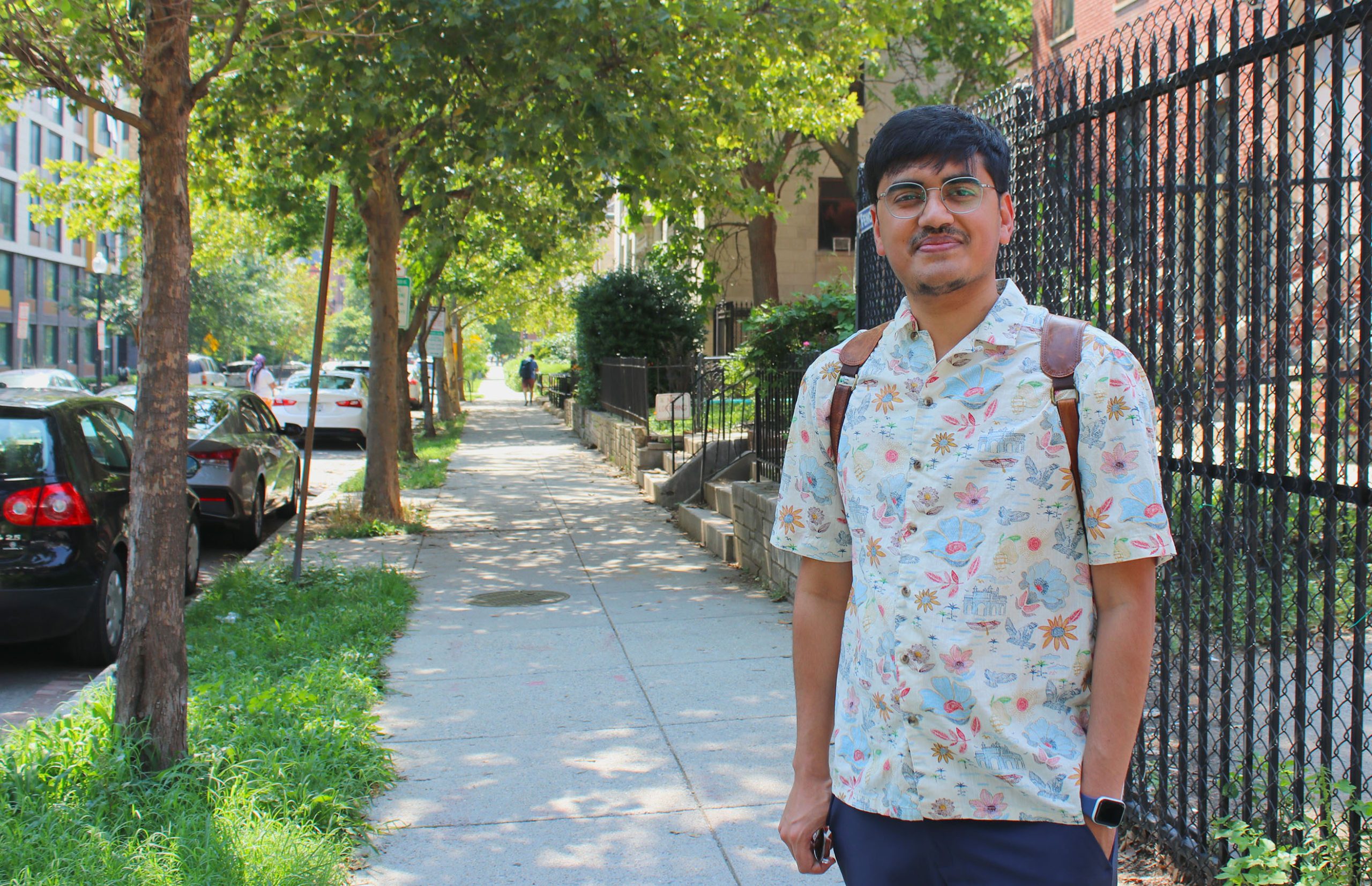I spent most of my childhood in New Delhi and Tashkent, Uzbekistan. My mother was a teacher at international schools and so I experienced a childhood where I was exposed to a wide range of cultures and nationalities. At the same time, my mother ensured that I never strayed too far from my culture and background, helping to cultivate a lifelong interest in Indian history, mythology, and culture, and instilling a desire to center truth and justice in these conversations.
Anyone who has spent any time in Delhi can attest to the inevitability of inter-faith community and belonging. You can walk around a single neighborhood and find Hindus who take care of mosques, Muslim vendors who sell Hindu religious items outside temples, and Sikhs serving members of all communities at gurdwaras. It’s a testament to the historical nature of inter-faith relations in the city and a way of life which has been embedded in the history of India.
“New” Delhi may have been constructed by the British, but contemporary Delhi was built by refugees from Partition. The vast majority of inhabited areas in the city, from Lajpat Nagar in the South to Tilak Nagar in the West, were initially settled by refugees fleeing horrific communal violence. The city was then enhanced by waves of refugees from Afghanistan, Bangladesh and Tibet, all of whom added their own unique threads to the tapestry of the city. Not to mention the millions of Indians, Hindus and Muslims, that arrive in the city every year, all adding their own unique threads. So, growing up in Delhi taught me that community and belonging are not just buzzwords.. They are the lived reality and necessity of the vast majority of residents of the city.
My family always supported and emphasized relationships beyond religious and cultural boundaries. My mother, a devout Hindu, always made it a point to take me to churches and mosques and to treat them with the same level of respect that I would treat a temple. And even as I drifted away from religion, she reminded me about the importance of supporting everyone’s individual journey to truth. She made sure that I was exposed to the religious canon of Hinduism, Islam, Christianity and Buddhism. I was taught that these stories did not exist in opposition to each other, but rather served as different streams leading to the same final destination.
Growing up in Delhi and Tashkent, most of my friends growing up came from different religious backgrounds, to the extent that religious difference was often not even acknowledged as a component of these friendships.
My Uzbek Muslim friend played an integral role in my intellectual journey. His curiosity and spirit of inquiry helped facilitate my desire to learn more about the world, eventually concluding in a career in the social sciences. Some of the most incredible opportunities that I have received have been enabled by great friends who belonged to different religious communities. Many of my early political thoughts were formed in conversations with my Christian friend. It was my Indian Muslim friend who encouraged me to start writing in college, allowing me to build skills that have been useful for the rest of my career. I would be remiss not to mention my wonderful partner, who was raised Christian and has been my rock for the past five years.
I will never forget the winter of December 2019 when every afternoon I would see thousands of people from all religious backgrounds and walks of life, coming to Jantar Mantar and Shaheen Bagh in New Delhi, to register their protest against the Citizenship Amendment Act. The spirit of camaraderie was also captured by the many young men and women that would stand in front of police barricades, ensuring that children and the elderly were spared from the brutal lathis of police. Protestors paid tribute to all those that had been martyred for a free India, from Ashfaqullah Khan to Ram Prasad Bismil. Even five years later, those slogans still reverberate in my ears. The protests were both a defense of the old idea of India, but also an attempt to create a new civic nationalism which compensated for the failures of its predecessor.
Two years ago, my grandmother was on a trip with some friends in Gujarat. While visiting the Somnath temple, she went down with a mysterious illness. In the matter of days, my grandmother, always lively and active, was left barely recognizable. Stranded in a remote part of Veraval district in Gujarat and unable to travel long distances, she could not access the medical care that she required. The closest medical facility was a small clinic which was run entirely by Gujarati Muslims. Despite absence of resources, the entire staff of the clinic, from the solitary doctor to the nurses, dedicated themselves to her care. They connected her to an IV drip, provided her with medication and stayed with her throughout several nights, even though the clinic did not typically hold overnight patients.
When my grandmother eventually reached a Delhi hospital, the nurses and the doctors at the clinic continued calling periodically to check on her progress and her health. As a small clinic which did not have the resources to take care of such a patient, they could have very easily refused service to my grandmother considering the seriousness of her illness. Instead, they persisted, kept my grandmother alive and gave her the medical care that has enabled her to be with us today. It was much more than a “small” act of kindness, but the generosity of the hospital staff is something that I will never forget.
The reality is that the history of our country is linked with syncretic traditions, peaceful coexistence and cooperation between members of different religious communities. Hatred is not inevitable. I would say, in particular to my fellow Hindus, we bear responsibility for the violence and inequities committed in our name. Since independence, and especially under the current ruling government, communal violence has been wielded as a tool to subjugate and dehumanize Muslims. Thus, our responsibility not only lies in building bridges between different religious groups, but also in re-earning the trust of Muslims and correcting historical injustices. It lies in intentional work.
When I think about an ideal India, I think about a country in which everyone feels free to practice their own religious faith, where no one is persecuted for their political views and everyone is free to choose their partner, their residence and their careers and where we all embrace our innate human capacity for love, rejecting the hatred that has been used to build walls between members of different communities.
To quote Rabindranath Tagore’s famous poem, I imagine a country “Where the mind is without fear and the head is held high” for every single citizen, regardless of their gender, religion, caste, sexual orientation or income level.




